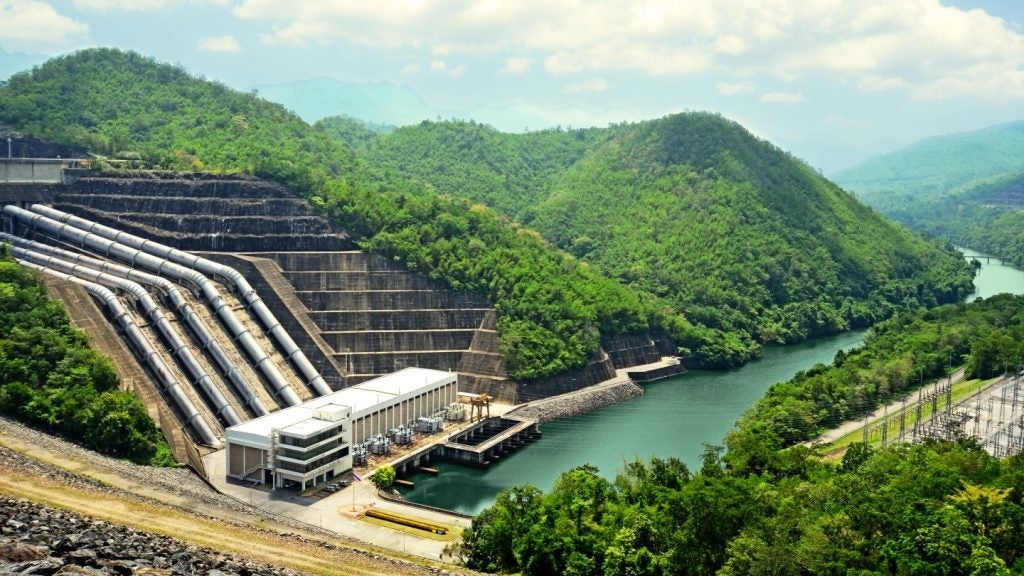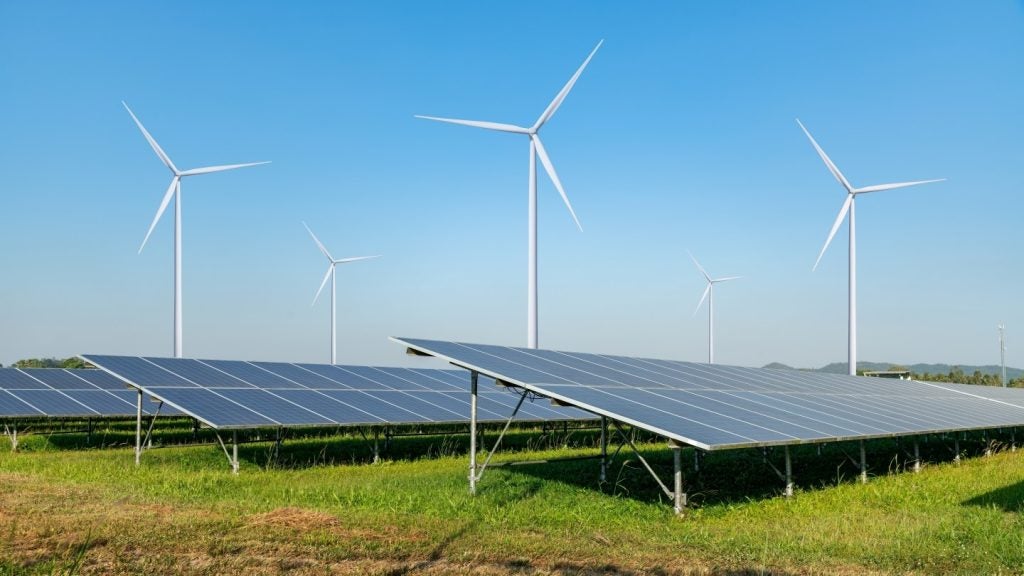
A constitutional court in Portugal has ruled the country’s extraordinary levy on renewable energy utilities, known as the CESE, unconstitutional, Reuters has reported.
The decision supports the stance of companies that have contributed hundreds of millions of euros to the levy.
In 2023, renewable sources such as dams and solar and wind parks provided 61% of Portugal’s electricity, one of the highest ratios in Europe.
The government anticipated collecting €125m ($134.16m) from the CESE across the energy sector in its 2024 budget, mirroring the previous year’s figures.
The levy, excluding renewables, was first implemented in 2014 to help reduce the budget deficit following a debt crisis and international bailout.
Although intended as a temporary measure, it has been maintained by successive governments.
How well do you really know your competitors?
Access the most comprehensive Company Profiles on the market, powered by GlobalData. Save hours of research. Gain competitive edge.

Thank you!
Your download email will arrive shortly
Not ready to buy yet? Download a free sample
We are confident about the unique quality of our Company Profiles. However, we want you to make the most beneficial decision for your business, so we offer a free sample that you can download by submitting the below form
By GlobalDataIn 2019, the scope of the CESE was broadened to include renewable utilities’ feed-in tariffs, aiming to decrease the electricity sector’s tariff debt.
The debt arose from setting regulated electricity prices for consumers below production costs.
However, the constitutional court’s ruling of 23 April 2024 states that applying the CESE to renewable utilities breaches the principle of equality, as these utilities have neither caused the tariff debt nor directly benefit from its reduction.
The standard CESE rate is 0.85% of the value of regulated assets, in addition to the income tax utilities pay.
EDP, the country’s largest utility and a challenger of the levy, withheld €49.4m in CESE tax for 2023 pending the court’s decision.
Since the introduction of the CESE, the EDP Group has paid €558m for its renewable and non-renewable assets. EDP CEO Miguel Stilwell de Andrade has stated that the tax hampers investment.
The levy has also impacted foreign utilities in Portugal, including Spain’s Iberdrola and Endesa.






